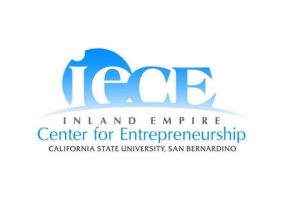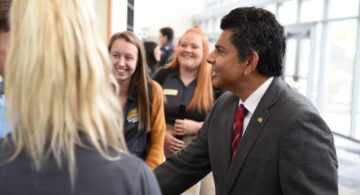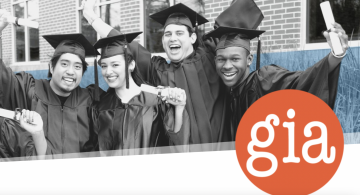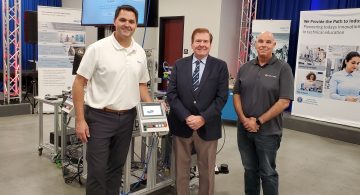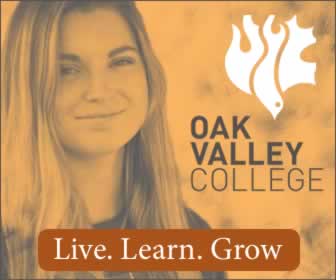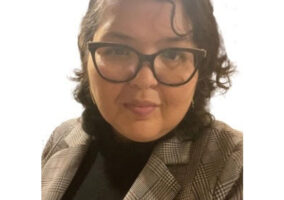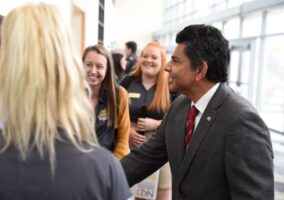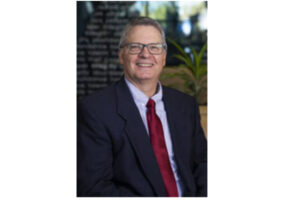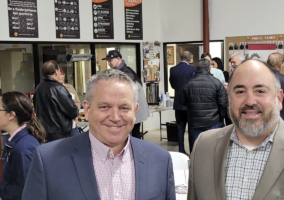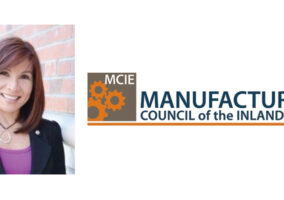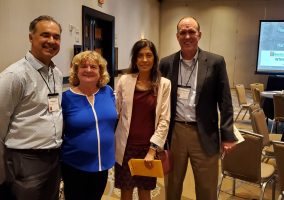Julia I. Lopez to Receive Honorary Doctorate from California State University, San Bernardino

Palm Desert, Ca – Julia I. Lopez, one of California’s most impactful philanthropists and foundation leaders, who has made a profound difference in the lives of countless students through her work with the College Futures Foundation, will be awarded a doctorate of humane letters at California State University, San Bernardino.
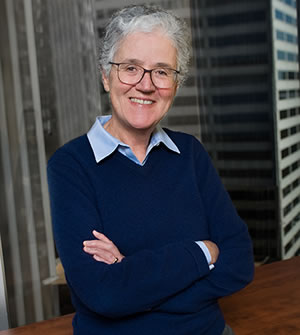
She will be recognized during the university’s Palm Desert Campus Commencement ceremony on June 14.
“We are deeply honored to recognize Julia for her dedication and commitment to student success, especially in our underserved communities,” said CSUSB President Tomás D. Morales. “Her trailblazing leadership has made and continues to make a difference in students’ lives not only in college scholarships, but in helping increase college going rates and obtaining degrees.”
Through Lopez’s leadership, the College Futures Foundation awarded nearly $20 million in grants annually and has an endowment of about $500 million.
A widely respected leader with broad and deep experience in philanthropy and government, Lopez began serving as the president and CEO of College Futures Foundation (then known as College Access Foundation of California) in 2008. She retired in June 2017.
During her tenure, Lopez led the organization through sweeping changes that shifted its strategy from a grantor of student scholarships to an organization focused on addressing the systemic challenges surrounding the crisis of the college-going and degree attainment rates in California, especially among traditionally underrepresented communities.
Through this process, she helped to change policies, practices, systems and institutions to better support college access and graduation for students throughout California. College Futures has also been bringing together educators from K-12 schools, community colleges and public four-year institutions in California for regular conversations about how best to address institutional issues that impede student success, like college remediation and two- to four-year transfer rates.
Before joining College Futures, she served as senior vice president of the Rockefeller Foundation, where she provided oversight, management and evaluation of the foundation’s strategic program grant making, which awarded an average of $150 million per year. In her earlier work for Rockefeller, she served as director of the foundation’s Working Communities program, addressing urban poverty and education in the United States.
Lopez has lent her talents to the California Legislature, the New Mexico Department of Criminal Justice and the Department of Social Services for the City and County of San Francisco where, as general manager, she oversaw programs serving the city’s most disadvantaged residents. She has also served on the board of directors of REDF (formerly the Roberts Enterprise Development Fund).
She currently serves on the board of directors of KQED, the Bay Area’s public radio and television station, and is a member of the Statewide Leadership Council of the Public Policy Institute of California. She is a graduate of Newton College of the Sacred Heart (now Boston College) and holds a master’s degree in public policy from the Goldman School of Public Policy at the University of California, Berkeley.
About Cal State San Bernardino
California State University, San Bernardino is a preeminent center of intellectual and cultural activity in Inland Southern California. Opened in 1965 and set at the foothills of the beautiful San Bernardino Mountains, the university serves more than 20,000 students each year and graduates about 4,000 students annually. The university offers more than 70 traditional baccalaureate and master’s degree programs, education credential and certificate programs, and a doctorate program in educational leadership. Every one of its academic programs that is eligible has earned national accreditation. CSUSB reflects the dynamic diversity of the region and has the most diverse student population of any university in the Inland Empire. More than 80 percent of those who graduate are the first in their families to do so.

